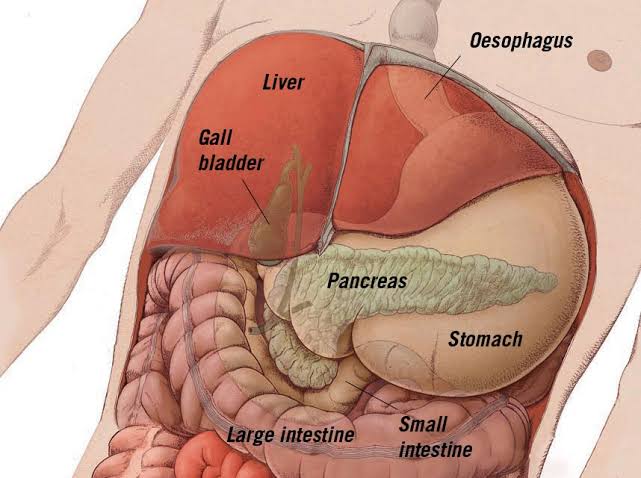Your liver plays a vital role in detoxifying your body, regulating metabolism, and processing nutrients. Though it’s remarkably resilient, certain everyday routines can quietly harm it over time, often without immediate symptoms.
According to the World Health Organization (WHO), liver-related illnesses rank among the top global causes of death, with lifestyle choices significantly influencing liver health.
Below are seven routine habits that could be silently harming your liver:
1. Regular Alcohol Consumption
Even moderate but consistent alcohol use can gradually harm the liver, leading to inflammation, fat accumulation (fatty liver), or even cirrhosis.
The WHO has cautioned that there’s no entirely safe level of alcohol consumption, noting that the risk to one’s health increases with each drink. When alcohol is processed, the liver is burdened with breaking it down. Frequent overconsumption can cause scarring and eventually lead to liver failure.
2. Frequent Use of Common Pain Relievers
Over-the-counter medications such as acetaminophen (paracetamol) are generally considered safe when used correctly. However, excessive or prolonged use—especially when combined with alcohol—can result in serious liver damage.
People may unknowingly exceed the safe limit by taking multiple medications that contain the same ingredient, increasing the risk of liver injury.
3. High Intake of Sugar and Processed Foods
Diets rich in refined sugars, saturated fats, and processed products can contribute to non-alcoholic fatty liver disease (NAFLD). According to the World Gastroenterology Organisation, NAFLD affects nearly one in four adults globally.
The liver stores excess sugar as fat, and over time, this can lead to inflammation and scarring. Left untreated, NAFLD can evolve into more severe conditions such as cirrhosis or liver cancer.
4. Lack of Physical Activity
A sedentary lifestyle is a major contributor to obesity and insulin resistance, both of which are risk factors for liver disease.
The WHO reports that a significant portion of the global population fails to meet recommended activity levels, increasing the likelihood of chronic illnesses, including liver conditions. Regular physical activity supports a healthy liver by reducing fat buildup and improving insulin sensitivity.
5. Neglecting Hepatitis Prevention
Hepatitis B and C are viral infections that can result in long-term liver damage. Transmission can occur through unprotected sex, shared needles, or contact with infected blood.
WHO estimates that hundreds of millions are living with chronic hepatitis worldwide. Preventative measures such as hepatitis B vaccination, using protection during sex, and avoiding unsterile instruments can significantly reduce infection risk.
6. Unregulated Use of Herbal Supplements
Herbal and dietary supplements are often perceived as safe, but some have been associated with liver toxicity—especially when taken in large quantities or alongside prescription drugs.
Compounds found in supplements like kava, comfrey, and green tea extract have been linked to liver inflammation and, in extreme cases, liver failure.
7. Inadequate Sleep
Although it may not seem directly connected, consistent sleep deprivation can disrupt the body’s natural rhythm, affecting liver function and repair.
Research published in the Journal of Hepatology has shown a link between poor sleep and a higher risk of developing liver issues such as NAFLD and fibrosis.
Health experts recommend adults get at least seven hours of restful sleep per night for overall metabolic and liver health.
While the liver has the unique ability to regenerate, this capacity isn’t limitless. Making small but mindful adjustments to your daily habits can go a long way in preserving liver function.
If you experience symptoms like persistent fatigue, yellowing of the skin or eyes, bloating, or unexplained weight changes, it’s important to consult a healthcare provider for evaluation.
